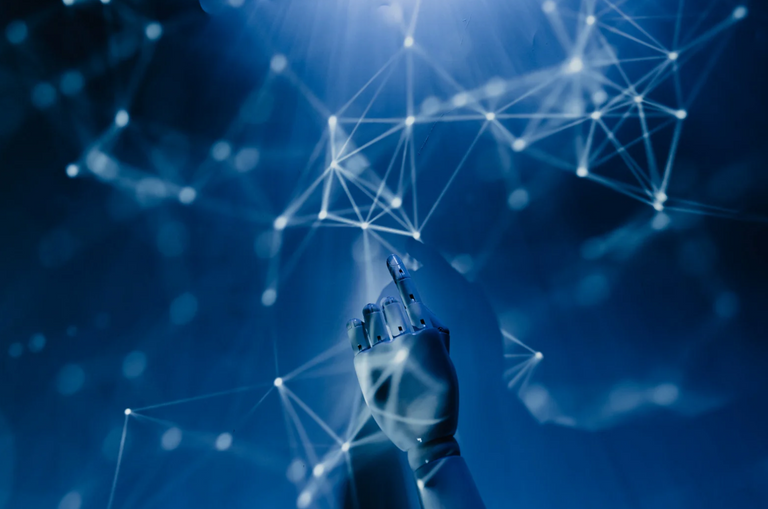
The late 1930s witnessed a paradigm shift in our understanding of the universe, thanks to Austrian-born physicists Lise Meitner and Otto Frisch, who split the atom. While this groundbreaking feat heralded the dawn of atomic energy, it also unlocked the gates to weapons of mass destruction. Fast forward a few decades, and we find ourselves at the cusp of another game-changer - the advent of artificial intelligence (AI).
The seeds of AI were sown in the 1950s with the creation of the perceptron, the progenitor of artificial neural networks. Today, however, the pace at which AI is advancing would leave even the perceptron's creators breathless. AI has not only entered our homes in the form of devices like Amazon's Alexa but also seeped into our virtual conversations via advanced language models like ChatGPT from OpenAI. AI's exponential growth and public visibility signal an epoch of transformation.
AI, in its brilliance, offers tantalizing prospects. It stands to democratize education, making quality learning resources available to everyone, everywhere. On the health frontier, it could expedite the quest for cures to stubborn maladies like Alzheimer's that have baffled medical researchers.
But as with every profound innovation, AI's luminous promise is accompanied by a lurking shadow. One dark reality is the potential job displacement due to automation, a scenario that could trigger widespread socioeconomic distress. Furthermore, AI technologies could become potent tools in the arsenal of oppressive regimes, enabling pervasive surveillance and stifling dissent.
The prospect of achieving "general" AI - machines capable of performing any intellectual task that humans can - escalates these concerns. Echoing these apprehensions, Geoffrey Hinton, a pioneer in the field, warns of the possibility of AI machines being programmed to disrupt elections or orchestrate wars.
US President Joe Biden has aptly described AI as a dichotomy of "tremendous potential and enormous danger." This viewpoint was earlier voiced by over 1,000 tech leaders, including Elon Musk and Steve Wozniak, in an open letter. They advocated for a halt in AI development, underscoring the "profound risks to society and humanity."
ChatGPT, one of the frontiers of AI technology, is already facing regulatory hurdles. Italy has put a temporary halt on the use of ChatGPT, while Canada is scrutinizing OpenAI for potentially violating privacy laws. Concurrently, the European Union is working on AI guidelines, and China is imposing rigid censorship on AI developers. The emerging consensus leans towards the regulation of AI.
As we stand on the brink of the AI revolution, it's crucial to learn from history. Each groundbreaking innovation - whether it's splitting the atom or deciphering the human genome - is a delicate balance of blessings and curses. AI is no different.
Our mission is not to stymie progress, but to steward it conscientiously. As we propel the AI revolution, let's ensure that, unlike the atomic revolution, it fosters a world that is more prosperous, secure, and fair for everyone. This task may seem overwhelming, but with a judicious mix of innovation, regulation, and foresight, it's one we are capable of accomplishing.
As we navigate the course of the AI revolution, let's stay aware of its potential pitfalls. We must remember that every bright light casts a shadow. But with wisdom and courage, we can illuminate the path ahead while keeping the shadows at bay. The future of AI, bright or dark, is ours to shape.
My name is Asteroids - well, that's my Hive name, anyways. I believe firmly in the future of Web3 technology and its potential to reshape our lives. I'm a serial entrepreneur and my aim in life is to always evolve and find new ways to leverage technology in my life.
As I continue to build things, I find new and important wisdom in all sorts of places. My goal here on Hive is simply to share that wisdom so that you can improve as well.
Working is as much about building good habits as it is about doing the actual work. Remembering this on a daily basis has changed my life for the better.
Until next time,
-A